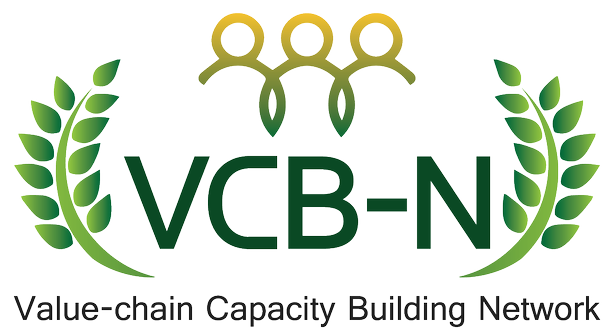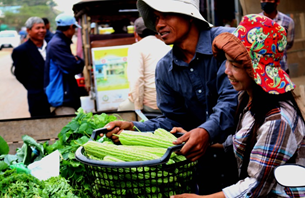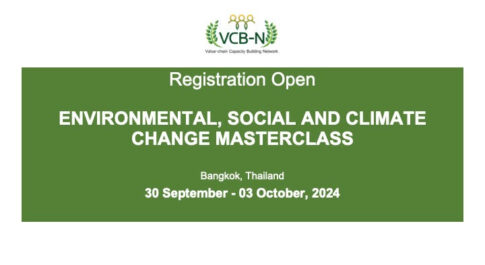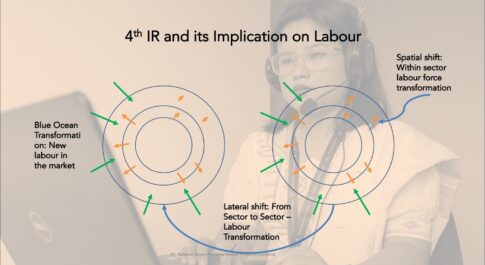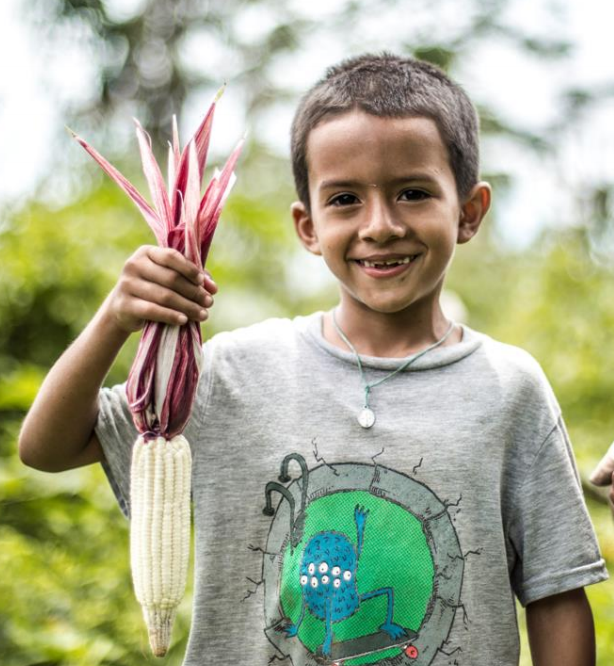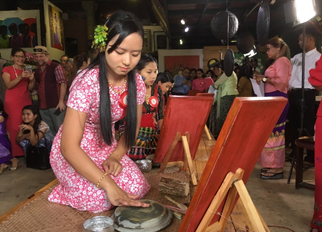
Good practice
Ethical Sourcing with Respect”: Promoting Thanakha by Regional BioTrade Project in Myanmar
The following good practice is conducted by Helvetas Myanmar. The case study was selected and presented in Mekong Knowledge and Learning Fair (IFAD) by Mr. Ye Win Paing.
(For presentation in the event, please click here)
Background
The regional Bio-trade project is financed by the State Secretariat for Economic Affairs (SECO) of the Government of Switzerland. This project aims at building sustainable business models by trading raw materials and natural ingredients to preserve its resource base for future generations and to increase capabilities and competitiveness of local producers, processors and exporters. Together with producers, companies and traders, the project team work out feasible measures, and facilitate access to know how needed to operate sustainable value chains effectively and efficiently to achieve the project goal. The project location is based on the growing areas of selected products: Thanakha, Hesperethusa crenulata and Tea (Camelia sinensis), Jujube, Ziziphus mauritiana.
Project’s main partners are local trading and processing companies and relevant associations. Targeted beneficiaries are Thanakha growers, employees of traders/ processors of Thanakha, collectors and core suppliers of Jujube fruits and workers of Jujube syrup factory. Overall total beneficiaries including men and women will be (1100) approximately.
Innovations / Good Practices
Supply Chain Management, Market Readiness and Export, Certification and Standards, Governance, Policy and Advocacy
- Deliver market linkage, matchmaking and other relevant services
- Provide technical and financial assistance for companies to develop and implement action plans to meet market requirements of buyers
- Identify and support partner organization(s) to raise awareness about the importance of sustainable production/collection of natural ingredients
- Capacity development and financial assistance for public and private service providers to sustainably provide appropriate, high quality services
- Provide business planning support, capacity development and limited financial investment to enable the company to organize at least one export value chain
- Translate and capacity development events on Union of Ethical Biotrade (UEBT) principles (https://www.ethicalbiotrade.org/) and standards so they can be applied by companies, producer/collector groups and local authorities
- Develop and implement a pilot scheme on access and benefit sharing (ABS) in collaboration with other stakeholders
- Build the capacities of companies and sector associations to engage in dialogue with government and advocate for sustainable use of natural ingredients.
- Assist partners to arrange and host public-private dialogue on topics related to international trade in natural ingredients and Ethical BioTrade
Impact
The project is running on the Market System Development (MSD) approach otherwise known as Making Market Work for the Poor. The number of households reached will be known after mid-term review. Union of Ethical Bio-trade (UEBT) concepts was introduced among stakeholders in Myanmar. More than 40 potential products had been identified through Export Potential Assessment (EPA) assessment. Thanaka was one of those prioritized products. At present, four biggest Thanakha companies had been jumped in to the project. The project has successfully introduced to the Thanakha producer groups from Myaing, Yesagyo, Pauk, Pakokku and Ayardaw Townships. Thanakha Sub-committee under Myanmar Cosmetic Association and four township level Thanakha Associations were united to organize national level Myanmar Thanakha Planters, Producers, and Exporters Association by initiating the project.
Facilitating Factors / Challenges
Facilitating factors:
- Thanakha producer association, cosmetic association and Thanakha sub-committee already existed.
- Thanakha is non-conflict product
Challenges:
- Low level of knowledges on Bio trade sector in Myanmar.
- Low level of interest from companies since Bio trade project nature is very new for them.
- Project ‘s human resources number is limited since nature of project intervention style is broad.
- No companies for some high potential products and spices that have good demand in international markets.
- Partners have limited capacities in business planning and it causes longer process in making plans for project activities.
- Lack of awareness on the nature of facilitation project.
- Interest of business companies on BT project is low and they prefer to know potential demand before collaborating with project.
- Data and information collection process are delay since Biotrade business companies are busy and maintain high confidentiality of their business.
Lessons Learned
- When the project can provide market information and link with potential buyers, the companies interest increases.
- EPA process is required throughout the project phase to find out new products and partners until the project reaches the aspired targeted numbers of products and companies.
- Business Enabling Environment (BEE) is mostly important as BioTrade sector development requires this BEE to facilitate successfully the international trade of the export companies from Natural Ingredients (NI) sector.
Recommendations
- To create BEE, the project logical framework and budget should consider concrete activities to support the relevant policy making agencies from public sector with advisory/ consultancy services and to strengthen the institutional capacities of industry associations such as Myanmar Thanakha Planters, Producers, and Exporters Association in advocacy skills and management.
- The project should collaborate more closely with the public and private service providers such as MyanTrade, Bagan Trade, Food Science and Technology Association (FoSTA), and Department of SME Development for support in getting market information, access to international best practices which should be made accessible by partner companies.

Thanakha Beauty Festival held in Yangon
You may want to read
